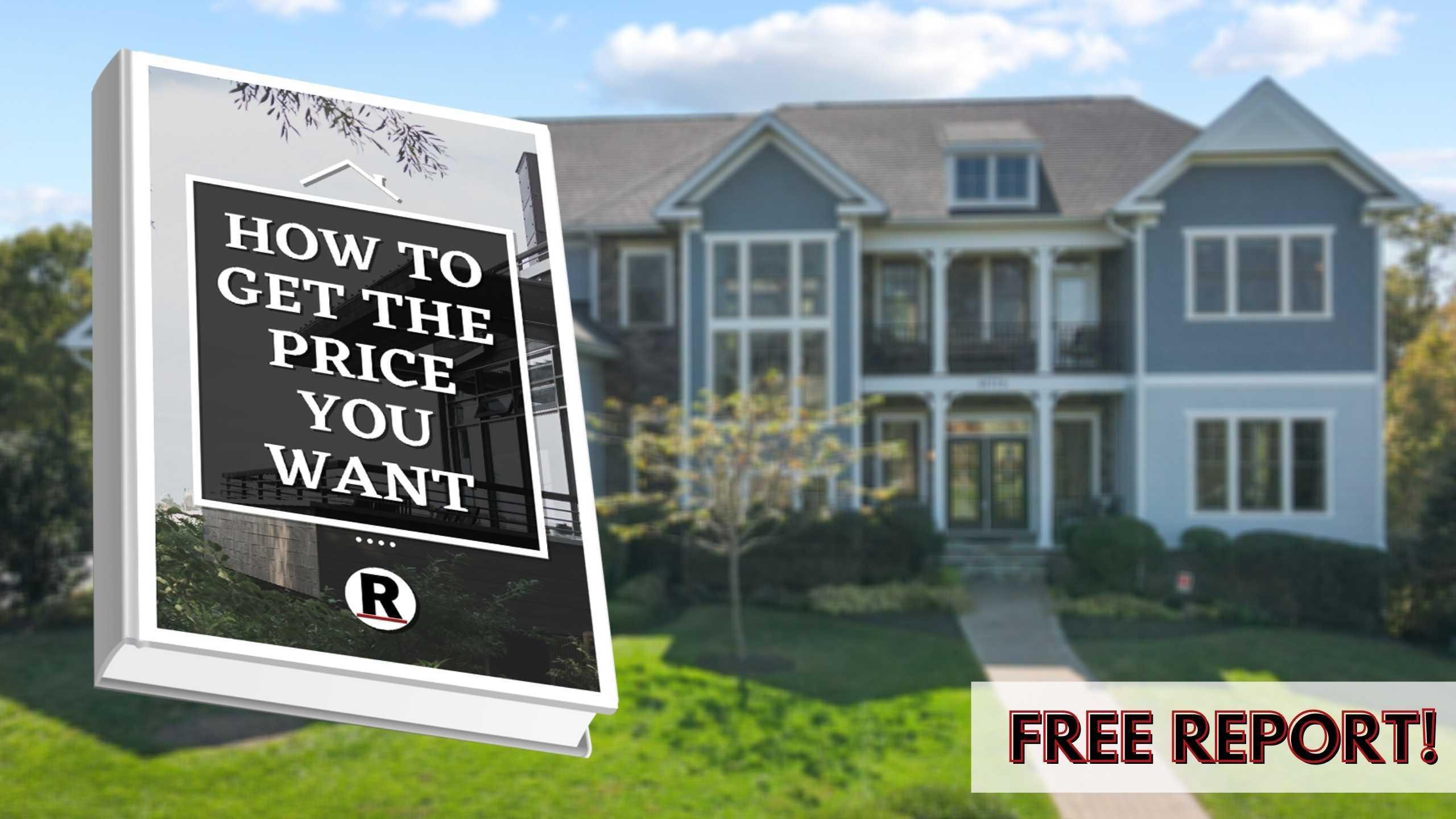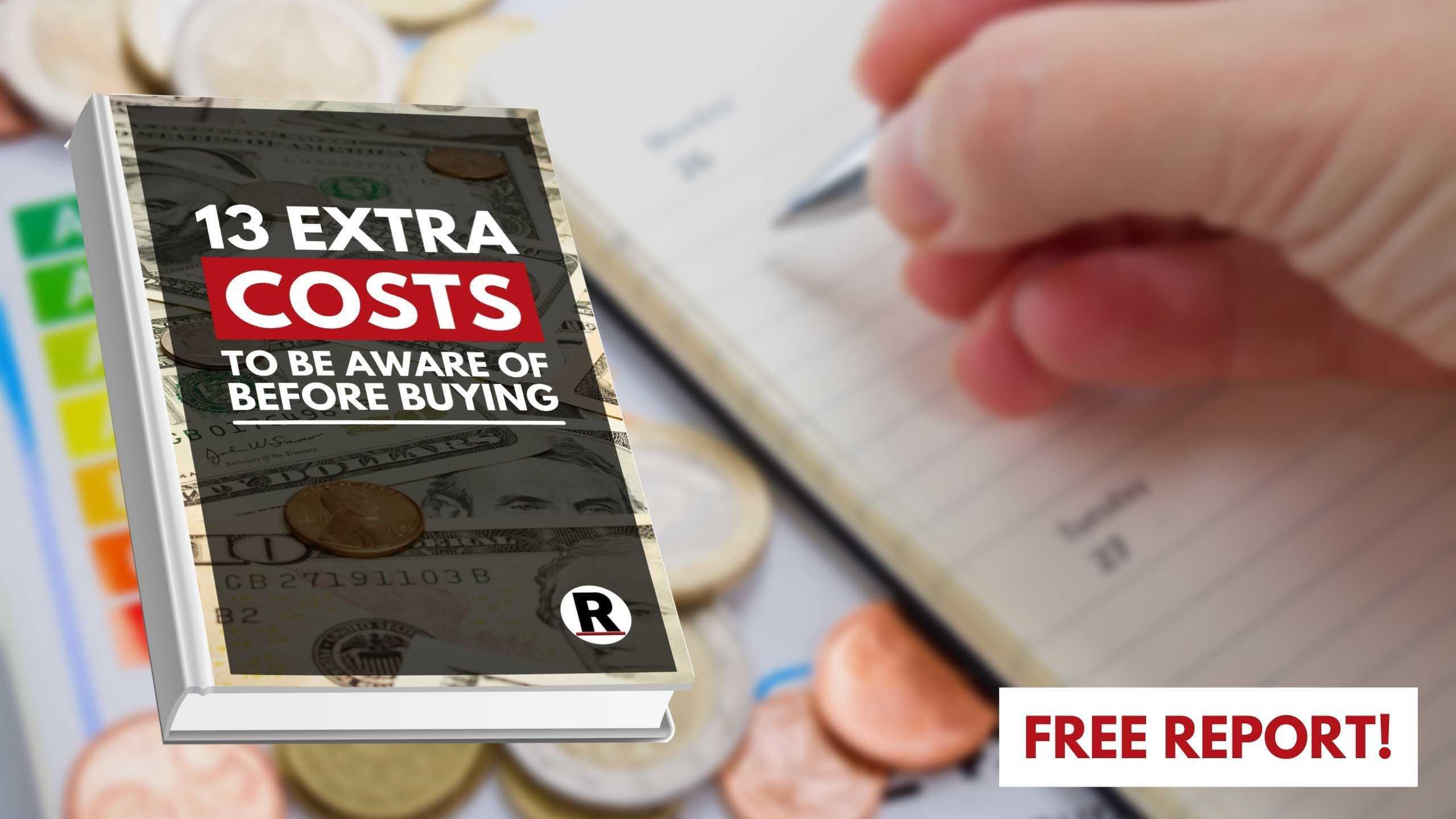When you decide to sell your home, setting your asking price is one of the most important decisions you will ever make. Depending on how a buyer finds your home, price is often the first thing he or she sees, and many homes are discarded by prospective buyers as not being in the appropriate price range before these homes are given a chance to be shown.
Your asking price is often your home’s “first impression,” and if you want to realize the most money you can from your home’s sale, its imperative that you make a good first impression.
Because this is not as easy as it sounds, your pricing strategy should not be taken lightly. Pricing too high can be as costly to a home seller as pricing too low. Taking a look at what homes in your neighborhood have sold for is only a small part of the process, and this on its own is not nearly enough to help you make the best decision. This report will help you understand some important factors about pricing strategy to help you not only sell your home, but sell it for the price you want.
PRICING STRATEGY STARTS WITH GOOD INFORMATION
Before you can begin to know what your home is worth, you should do some research, bearing in mind the following:
An analysis of what homes have recently sold for in your neighborhood is NOT enough to help you properly price your home.
A quick scan up and down the street at the prices of homes that have recently sold will give you a starting point. However, this is not nearly enough for you to base your entire pricing strategy on. It is important for you to understand how buyers look for a home.
Think about how you conducted your house-hunting search to find the home you are now thinking of selling. You most likely did not confine your search to a single neighborhood, but perhaps different neighborhoods or towns in order to find a home that best matches your needs and desires.
The prospective buyers who will be viewing your home will conduct their searches in a similar manner. That means they will be comparing your home to, for example, brand new development homes, century homes, 10-20-year-old homes, etc. They will also consider locations such as homes in established neighborhoods, the middle of town, the suburbs, or country properties. Each home will have a different look and feel, and it’s quite possible that a prospective buyer might consider all of these variables in the search for a home.
You can see, when you’re selling your home, you’re not just competing with the home around the corner, but also with all homes in all other areas which have the same basic characteristics: i.e., the number of rooms, overall living space, etc.
HOW YOUR ASKING PRICE AFFECTS YOUR SELLING PRICE
There are 4 common strategies that most sellers use to price their homes. It is unwise to assume that a higher asking price will net you a higher selling price. In fact, often, this equation works in reverse if you’re not paying attention to what the market is telling you. Bear this research in mind when you set your asking price.
…to get this entire FREE report, order today by clicking HERE or give us a call directly at 703-297-4251.
—
Your Price is Our Promise. Your Home SOLD 100% of the Asking Price or We Will Pay You the Difference! Call us at 703-297-4251. Click HERE to know more.




 By submitting information, I am providing my express written consent to be contacted by representatives of this website through a live agent, artificial or prerecorded voice, and automated SMS text at my residential or cellular number, dialed manually or by autodialer, by email, and mail.
By submitting information, I am providing my express written consent to be contacted by representatives of this website through a live agent, artificial or prerecorded voice, and automated SMS text at my residential or cellular number, dialed manually or by autodialer, by email, and mail.


